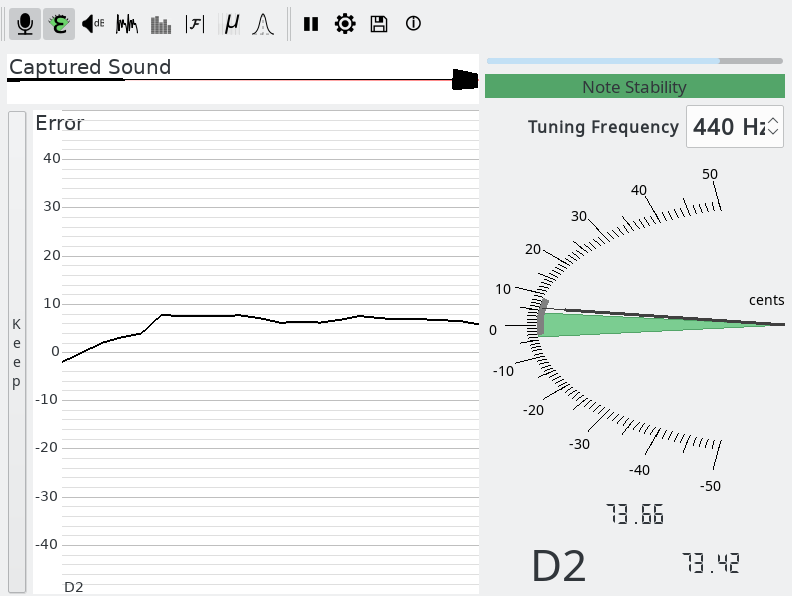USB audio on FreeBSD / Roland Edirol
With more and more events happening online I’ve been faced with dealing with headsets and microphones and things; the KDE e.V. board meeting this past weekend was one of them. Upcoming Akademy will be another.
One odd bit of kit I have is a Roland Edirol UA-4FX, an old – as in I fished it out of a dumpster – USB recording gadget. It’s cool in that you can hook up XLR cabled microphones and guitars and things to it, and it’s USB powered, and behaves as a recording and playback device. With that, I can switch away from a Logitech USB headset to a nicer set of cans and a mic with hardware on/off switching.
On Linux (openSUSE), the Edirol is recognized immediately and “just works”.
On FreeBSD, the “advanced” mode of the device isn’t recognized as an audio device at all, but the “normal” mode is. It shows up in various tools like this:
# usbconfig
ugen0.3: <EDIROL UA-4FX> at usbus0, cfg=0 md=HOST spd=FULL (12Mbps) pwr=ON (360mA)
# cat /dev/sndstat
pcm4: <USB audio> (play/rec) default
So I have a little bit of mucking about to do, in order to figure out the difference between the two modes. For practical (i.e. my) purposes they should behave the same (thanks to various Ardour and ALSA sources for mentioning specifically the “advanced” mode).
One thing leads to another, and FMIT, the Free Musical Instrument Tuner, caught my eye because it was packaged for Flathub. It’s already packaged on FreeBSD, but not on openSUSE (I guess I’m supposed to snap or flap or app it there).

For just tuning an instrument this looks like a bit of overkill; I’m half-minded to take the internals and put a simpler UI on top so it takes less space. Maybe a plasmoid so I can tune my shrieking at C++ code (B sharp means someone ignored the compiler warning about missing return value).
Start with a lockdown; end up with two more projects on the “someday” pile.